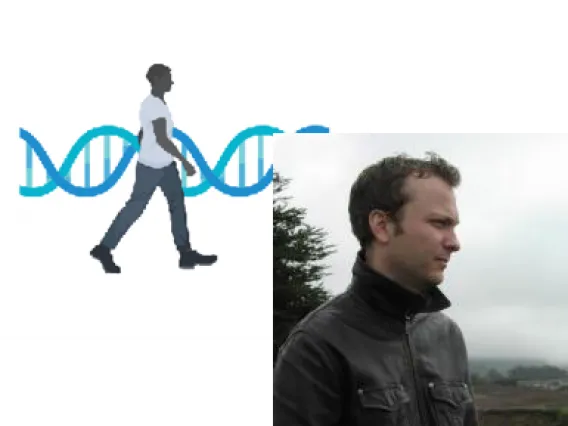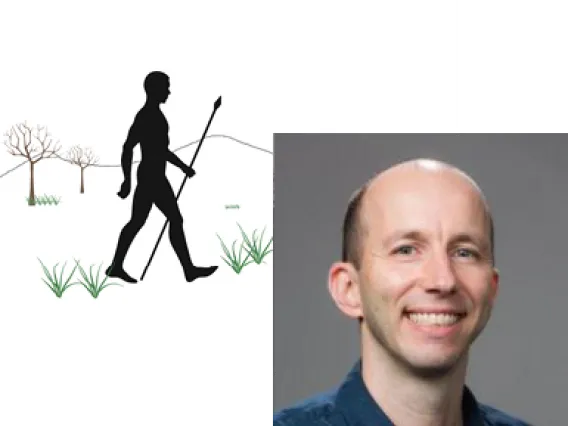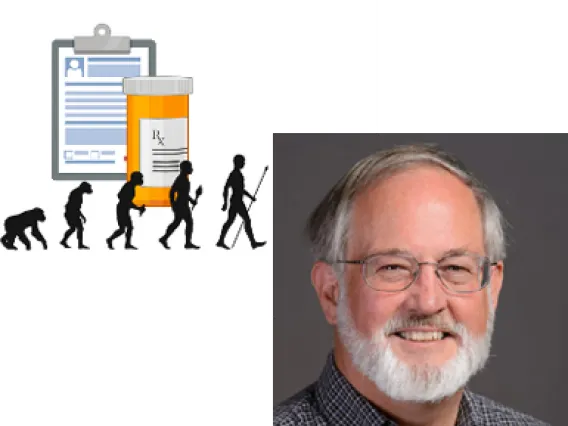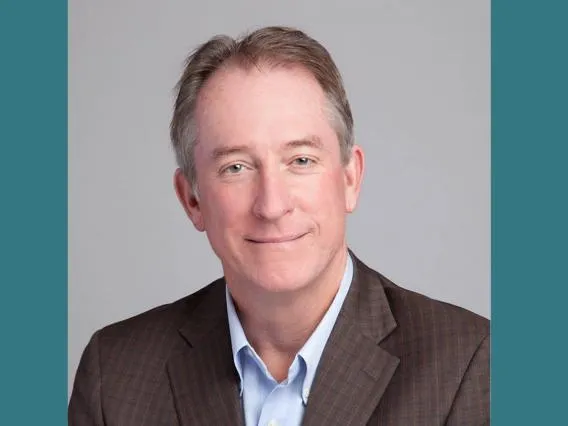Precision Nutrition and Wellness Initiative Symposium

Rasmus Nielsen, PhD
WE’RE ONE—BUT WE’RE NOT THE SAME: THE GENETIC BASIS OF DIFFERENTIAL HUMAN PHYSIOLOGY
While we tend to be genetically similar to each other, there are important differences among humans caused by natural selection as our ancestors adapted to their local environments in different regions of the world. In this talk, Dr. Nielsen gives three examples of human physiological adaptation to the local environment.
Wednesday, March 6, 2019

Herman Pontzer, PhD
HEALTHY AS A HUNTER GATHERER: PALEOFACT AND PALEOFICTION IN MODERN METABOLIC MEDICINE
How do our modern lifestyles promote obesity, diabetes, and other metabolic disease? In this talk, Dr. Pontzer discusses recent work from living hunter-gatherer populations, exploring the ways in which their diet and daily physical activity lead to their remarkable metabolic and cardiovascular health.
Wednesday, April 24, 2019

Randy Nesse, PhD
WHAT EVOLUTION OFFERS TO MEDICINE...AND VICE VERSA
Using the basic science of evolutionary biology to improve human health is a fast-growing enterprise. It expands the view from that of a mechanic to that of an engineer who asks why natural selection left us vulnerable to so many diseases.
Friday, May 3, 2019

Heather Patrick, PhD
From Human Genome to Behavioral Phenome: Using Digital Technology for Precision Behavioral Medicine
Recent developments in digital health technology (including wearable sensors, mobile applications, electronic health records, and social media) have created a wealth of data. These data can be used to inform the development, implementation, and evaluation of sophisticated precision behavioral interventions that are better designed to address behavioral deficits in diet, physical activity, stress management, and tobacco use and exposure. Such precision behavioral medicine approaches are critical to preventing and managing the chronic conditions that have the greatest impact on length and quality of life. This talk will include an overview of behavioral phenotyping and the types of data that may be best suited for designing behavioral interventions as well as a discussion of important ethical considerations when using data captured through technology.
Wed, Sept 18, 2019

Charles Raison, MD
Evolution, Adaptive Stress and the Future of Depression
Dr. Raison is internationally recognized for his studies examining novel mechanisms involved in the development and treatment of major depression and other stress-related emotional and physical conditions, as well as for his work examining the physical and behavioral effects of compassion training. The recipient of several teaching awards, Dr. Raison has received research funding from the National Institute of Mental Health, National Center for Complementary and Alternative Medicine, and the Centers for Disease Control and Prevention. Dr. Raison has received a NARSAD Independent Investigator Award and has Raison received the Raymond Pearl Memorial Award from the Human Biology Association “in recognition of his contributions to our understanding of evolutionary biocultural origins of mental health and illness.”
In addition to his academic activities, Dr. Raison is the mental health expert for CNN.com.
Wednesday, Oct 30, 2019
No video available

Rasika Mathias, Sc.D.
Getting precise in Precision Medicine - leveraging big data to assess healthy aging
Telomere length (TL) is widely considered a molecular/cellular hallmark of the aging process with implications for multiple diseases. While there has been success in understanding telomere biology and genetics in relationship to epidemiology and genomewide association studies (GWASs), there is a gross under-representation of minority and admixed populations in these efforts. This limits our understanding of health disparities for diseases related to aging, inflammation, and cellular senescence. However, highput technologies and decreasing costs have enabled whole genome sequencing (WGS) at an unprecedented scale. With large and well-powered sample sizes, multi-ethnic representation, and WGS data, we have an unprecedented opportunity to address critical gaps in TL genetics through NHLBI's Trans-Omics for Precision Medicine (TOPMed) Program.
Thursday, Nov. 21, 2019
Video coming soon

